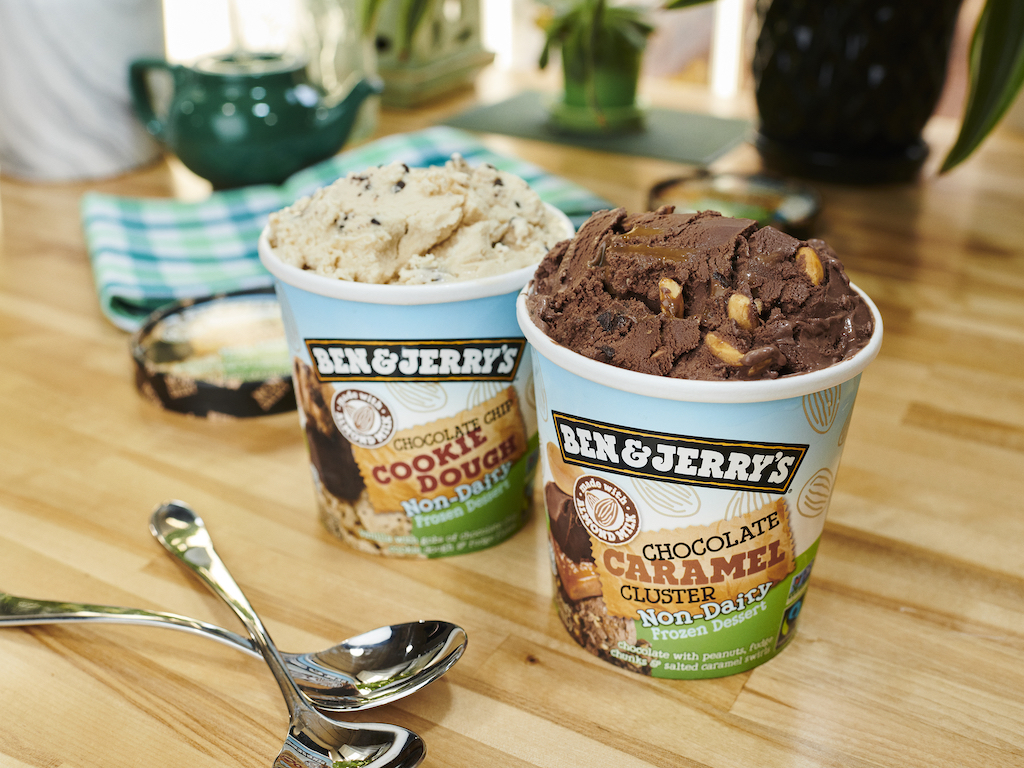4 Mins Read
Unilever has revealed it will be piloting carbon labels on a select number of products this year in the U.S. and Europe. It comes ahead of its plan to label all 75,000 of its products globally, a pledge the CPG giant made last year. Unilever is also floating the idea of climate-friendly aisles in grocery stores to nudge consumers in the sustainable direction.
In a new report from The Independent, Unilever announced that it will be testing carbon footprint labels on around two dozen of its products before the end of the year. It will be rolling out in supermarkets in the U.S. and Europe, though details about what type of label will appear is still in discussion.
Carbon label pilot scheme
Under the pilot program, around two dozen of Unilever’s products are to display on-pack carbon footprint labels. These labels will include information about the GHG emissions required to produce the product, with possible supplementary data to be provided online.
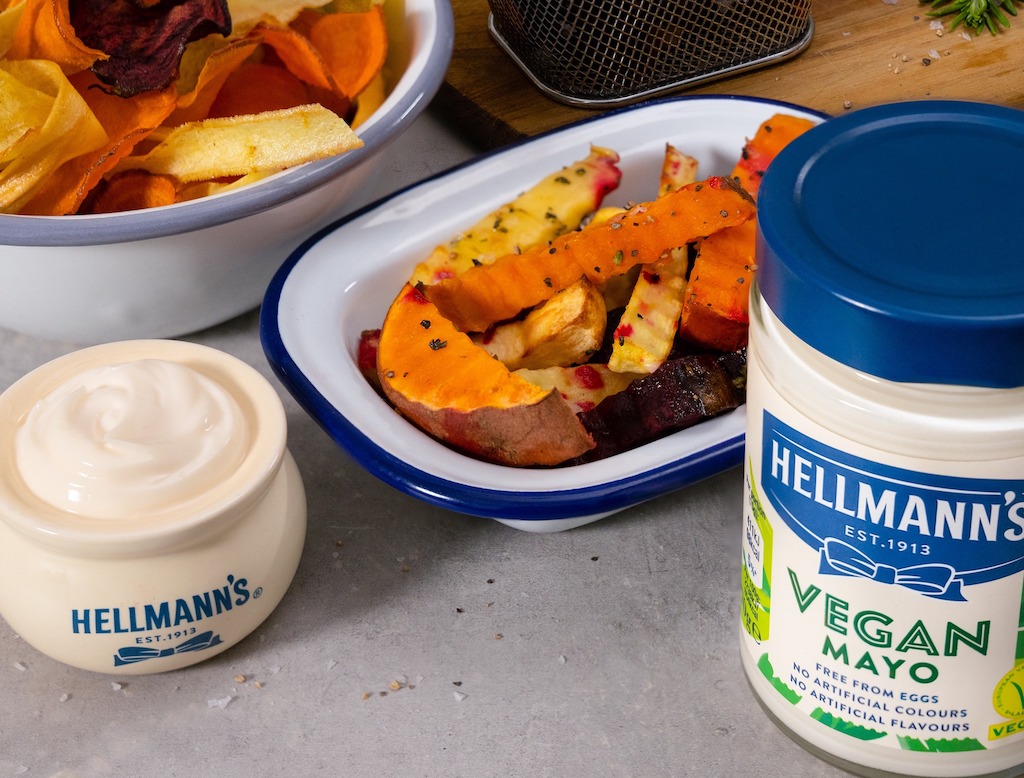
The footprint of products factors in “farm to fork”. That means everything from the fertiliser needed to grow the raw materials and ingredients, to transport, processing, packaging and cold storage.
Though details remain sparse about what style of labels will be used, the CPG giant said that a traffic light system is one of the options they are considering. This will be similar to the eco-score labels that are to be rolled out under the Foundation Earth initiative in Europe. Some of the retailers participating in the Foundation Earth scheme include M&S and Co-op.
Unilever, parent company to brands including Hellmann’s, Magnum and Ben & Jerry’s, says it is still currently working on measuring the footprint of their products. After labelling a “select range” by the end of 2021, it’ll add carbon labels to all 75,000 of their products within the next “two to five years”.
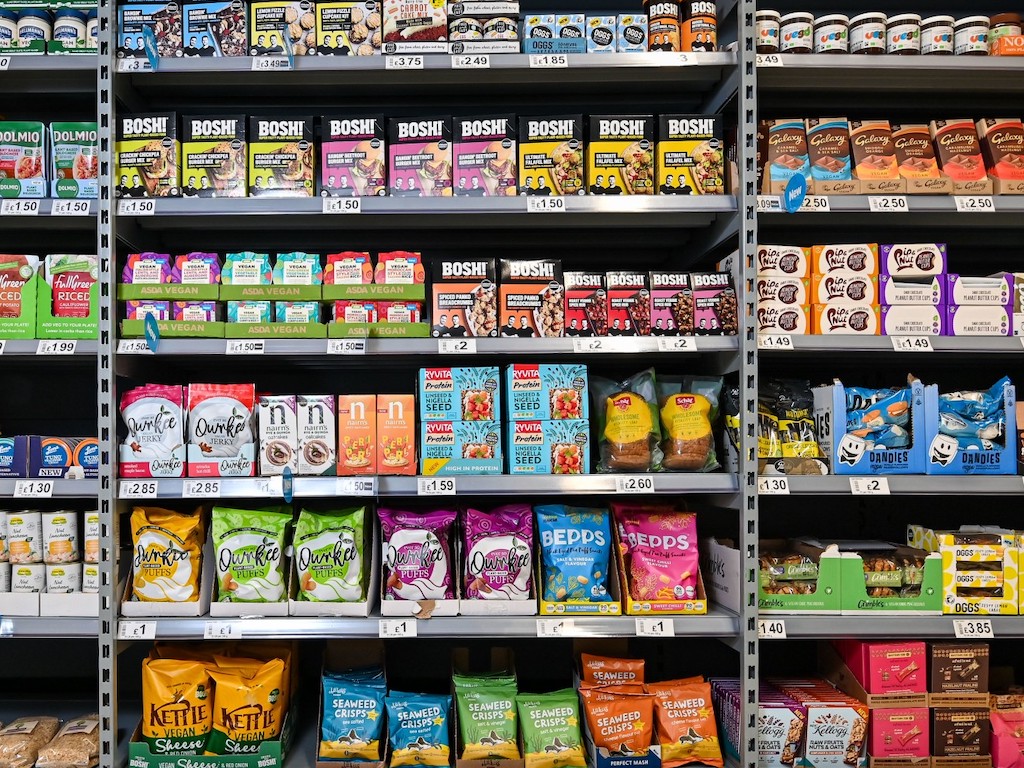
The company first made the pledge to carbon label its entire roster back in June 2020, when it launched a $1 billion climate fund.
Sustainable grocery aisles
According to The Independent report, Unilever is also considering the idea of “carbon neutral” or “carbon-friendly” grocery aisles. Retailers could add these aisles, just like they have done so with “vegan” or “vegetarian” sections in their stores, said the company.
One U.K. retailer, Asda, has already added an entire vegan aisle to its supermarket stores.
Marc Engel, Unilever’s global head of supply chain, says that their latest carbon labelling initiative is part of appealing to younger consumers, who are clearly demanding food producers and retailers to become more sustainable.
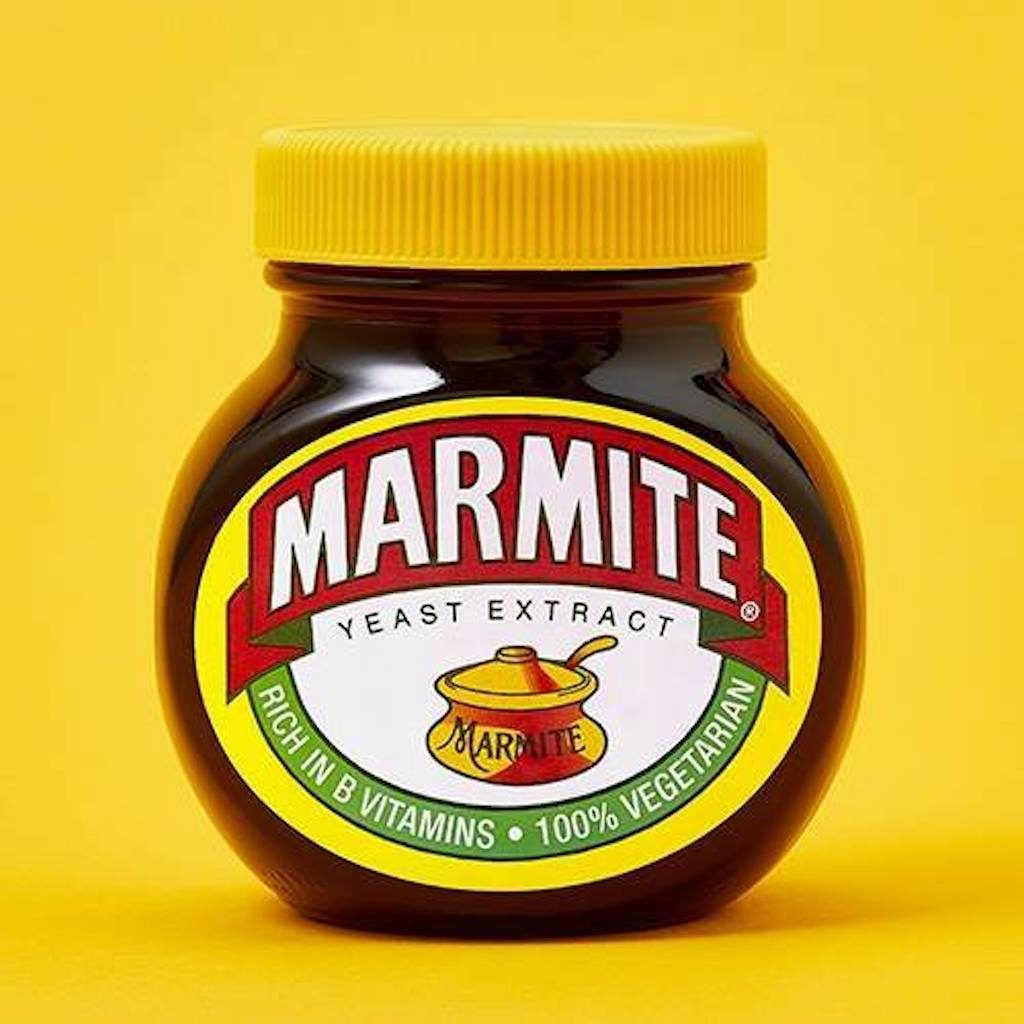
“Our market research shows that younger consumers especially are very impacted by climate change and are keen to use their buying behaviour to send a message,” Engel said.
“We intend to roll out carbon labels on our entire product range over the next two to five years and believe it will transform not only the actions of consumers but of the thousands of businesses in our supply chain as well.”
Carbon labelling on the rise
Unilever is the largest company so far to begin carbon labeling their products, but by no means the only one. Brands are under increasing pressure from consumers, who are becoming far more aware of the impact food choices have on the environment.
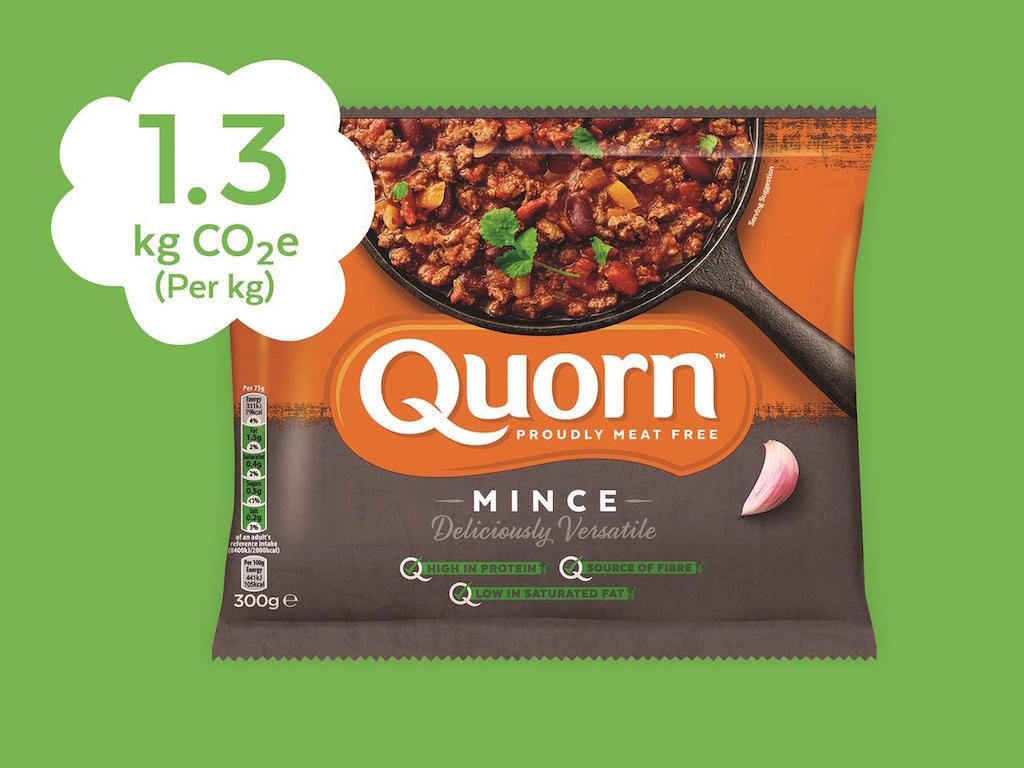
According to U.N. data, around a third of the world’s GHG emissions stem from the food industry. Meat and dairy products are among the most carbon-intensive products, with animal agriculture driving 18% of the entire world’s emissions.
Other companies to have rolled out carbon labels include legacy meat-free brand Quorn and Upfield, the maker of dairy-free spreads and butter, like Flora and Becel. Restaurant chains have hopped on board too, including Just Salad and SaladStop.
Lead image courtesy of Ben & Jerry’s.

